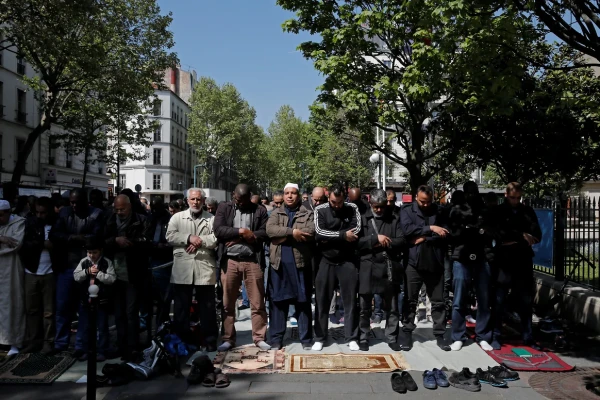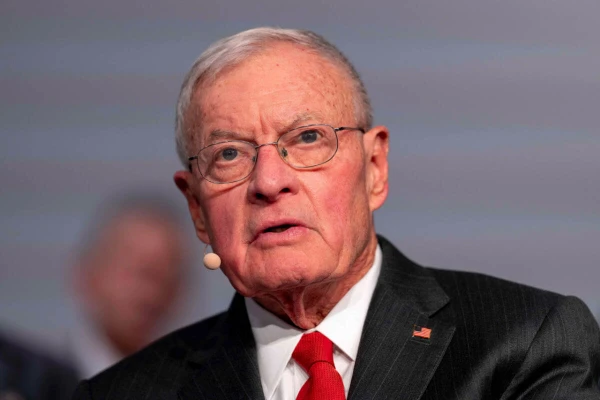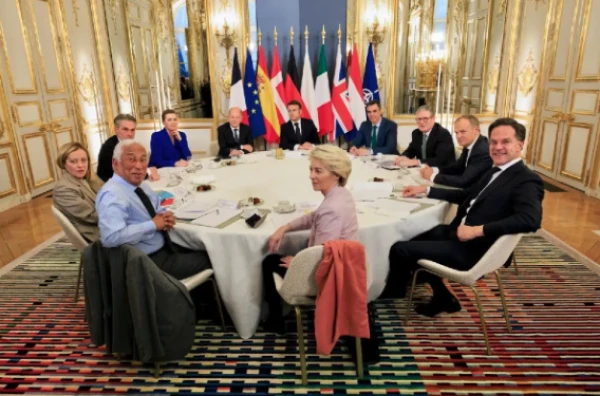
Hopes for the integration of youth have not materialized.
A report has been released in France regarding the attitudes of local Muslims towards Islam, sparking debates on how to interpret its findings: where religion ends and politics begins, where politics ends and violence begins. The study, published on the tenth anniversary of the 2015 terrorist attacks, added alarming predictions to the memorial ceremonies.
"Over the past 40 years, Islam has taken an increasingly prominent place in French society," states the study "Attitudes Towards Islam and Islamism Among Muslims in France: Between Re-Islamization and Islamic Dogma," conducted by the French Institute of Public Opinion (Ifop), which was made public on November 20. The sample of telephone interviews and surveys of 1,005 respondents of the Muslim faith (from a total of 14,200 people) captures a trend that the authors have termed "re-Islamization." Hopes for the successful integration of French youth from Muslim families are not confirmed in practice. On the contrary, religiosity within the Muslim community is strengthening, behavioral norms are increasingly aligning with Sharia traditions, and a portion of respondents shows clear sympathy for political trends of Islamism.
The shift is particularly noticeable in the group aged 15–24.
According to the survey, 87% of young Muslims consider themselves religious, 59% advocate for the application of Sharia in non-Muslim countries, 57% place Islamic norms above the laws of the Republic, and 42% express sympathy for Islamism in one form or another.
Almost half of young men and women oppose gestures of secular politeness towards the opposite sex. Women are increasingly refusing to see male doctors, or they are not allowed by their husbands, fathers, or brothers. Recently, parents in Rennes nearly resorted to violence demanding that their daughters in elementary school be taught by a female teacher rather than a male teacher.
The authors of the survey see signs of "counter-society" in this: attempts to establish everyday practices outside of prevailing social norms. The study notes that wearing the hijab is becoming common among youth, although it does not reach the level of a widespread trend. Almost one in two Muslim women aged 18–24 wears a headscarf (45%), which is nearly three times more than in 2003 (16%), when debates about its ban in schools were ongoing. The ban has thus led to completely opposite results.
In addition to purely religious reasons, many Muslim women wear the headscarf for other motivations: 44% do so out of a need for protection in public spaces ("to avoid attracting the attention of men"), and 38% do it to emphasize their "belonging to their religion." They wear it as a challenge — as a mark of distinction in a society perceived as hostile, demanding submission and assimilation. Only 2% of women believe they cover their heads under pressure from relatives.
The level of religiosity among Muslims is higher than among followers of other religions: about eight out of ten identify as "somewhat religious," "very religious," or "extremely religious."
In 2025, 62% of French Muslims will adhere to daily prayers (among youth — up to 67%), while in 1989, only 41% did so. Fasting during Ramadan has also become more common (73% in 2025 compared to 60% in 1989), with the youth figure even higher — 83%.
The report raises alarms but also debunks some common perceptions of the Muslim community as a "closed society." For example, the number of those who believe a Muslim has the right to leave Islam is increasing (73% in 2025 compared to 44% in 1989). Furthermore, Muslims are less likely to marry someone of their own faith (73%) than followers of other confessions (80%).
Demographic data also matter: the proportion of Muslims in France has grown from 0.5% to 7%, while the proportion of Catholics has decreased from 83% to 43%. Islam has become the second religion in France, surpassing Protestantism (which is now practiced by 4%). However, the percentage of non-religious French people has risen to 37.5%.
Thus, the proportion of Muslims in the country is still negligible compared to the number of Catholics and atheists.
The survey has met with the usual debates: how representative the opinions of participants are and whether the questions were formulated correctly. Concerns are also raised about a possible "boomerang effect": if Muslims are increasingly categorized as an "anti-society" and their value discrepancies with the republican model are emphasized, this, on one hand, heightens hostility towards French Muslims, and on the other hand, triggers a defensive reflex among them, a feeling of living among adversaries.











